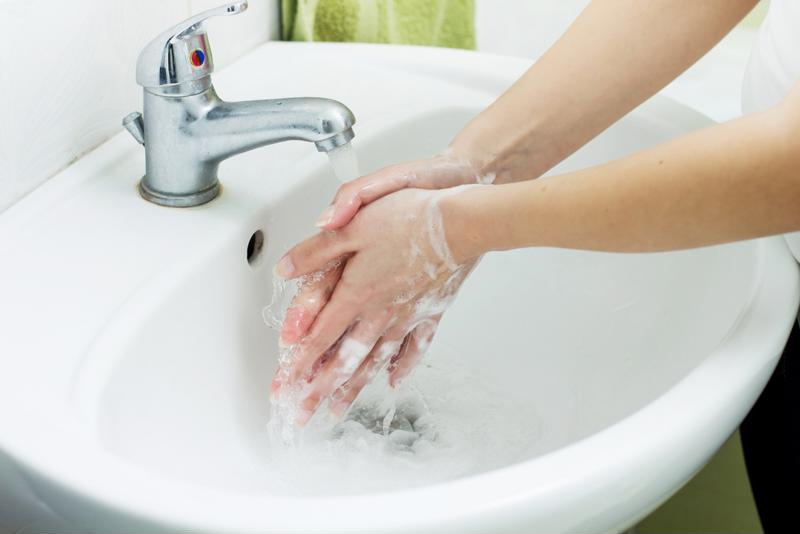Dentist offices can prosper from a number of benefits by swapping out their old, ancient storage water heaters for highly efficient, eco-friendly electric tankless water heaters. These systems cut down on finances while giving the office a green-friendly tag to tout to customers, and also eliminate the possibility of patient injury.
Going eco-friendly
Green is in, and more construction firms have found that this is what businesses want. According to a study conducted by the U.S. Green Building Council, 33 percent of construction firms list client demands as the reason they are building green. When the numbers are broken down, this means out of a dentist office's three competitors, one of them is likely to be green friendly, which is a step up on the competition. The world is trying to reduce its carbon footprint, and businesses are starting to learn that they can do their part as well.
Electric tankless water heaters are 0.99 energy efficient, meaning that they get the most out of the resources they use to operate. Part of reducing a carbon footprint involves using less non-renewable resources in an efficient manner, and that's where electric tankless water heaters are worth the money. Storage water heaters suffer from standby heat loss, which means that over time the water in the tank will lose its temperature. This means that the next time hot water is needed, the storage water heater will use even more energy to heat up water that has already been heated up. This is a waste of finite resources, and ultimately the person who handles a bill always pays for it. Electric tankless water heaters use thermo optical sensors to heat up water on-demand, meaning that no energy is wasted when hot water is needed.
"Electric tankless water heaters are 0.99 energy efficient."
The Department of Energy estimates that homes spend on average $400-$600 a year on water heating. This number inflates for businesses, especially dentist offices which always offer water to patients to rinse out their mouth, and bathrooms for them to use. The DOE reports that switching to an electric tankless water heater can save at the minimum $100 a year over storage water heaters. Electric tankless water heaters rarely need maintenance, and often last up to five years longer than storage water heaters, according to the DOE.
The size of tankless water heaters saves businesses in the long run, as well. The DOE is constantly updating the National Appliance Energy Conservation Act, which causes manufacturers to have to change the size of storage water heaters to include technology that makes them more energy efficient. This could pose a problem for a dentist office that has a special area set aside that perfectly fits its storage water heater. Electric tankless water heaters are easy to install anywhere, and won't be effected by the ever-changing NAECA. This means the office won't have to spend money on renovations to fit a new storage water heater.
The ability to install point-of-use water heaters cuts down on the overall strain on the system as well, further reducing the need for maintenance. When one storage water heater is pumping out water to various rooms simultaneously, it can burden the system and cause it to break down even faster.
 Storage water heaters can unexpectedly produce a spike in temperature at the sink.
Storage water heaters can unexpectedly produce a spike in temperature at the sink.Safety for patients
Point-of-use tankless water heaters eliminate potential injuries that can randomly occur due to storage water heaters. Dentist offices take in patients of all ages, and safety should be the number one priority of health providers. The American Burn Association found that young children and older adults are most at risk to scalds because of their frailty. The chance that these patients get hurt at a dentist office decrease dramatically due to point-of-use tankless water heaters.
Storage water heaters are unpredictable and can produce spikes in temperature at the faucet. This is because some of the water that has been heated twice to account for standby heat loss hasn't fully lost its temperature, and it can be super heated by accident. The AMA found that between 2002-2013, 34 percent of all burn admissions were due to scalds. Dentist offices can do their part in curbing this unnecessary statistic by installing reliable technology that does what its meant to, without causing harm in the process.

